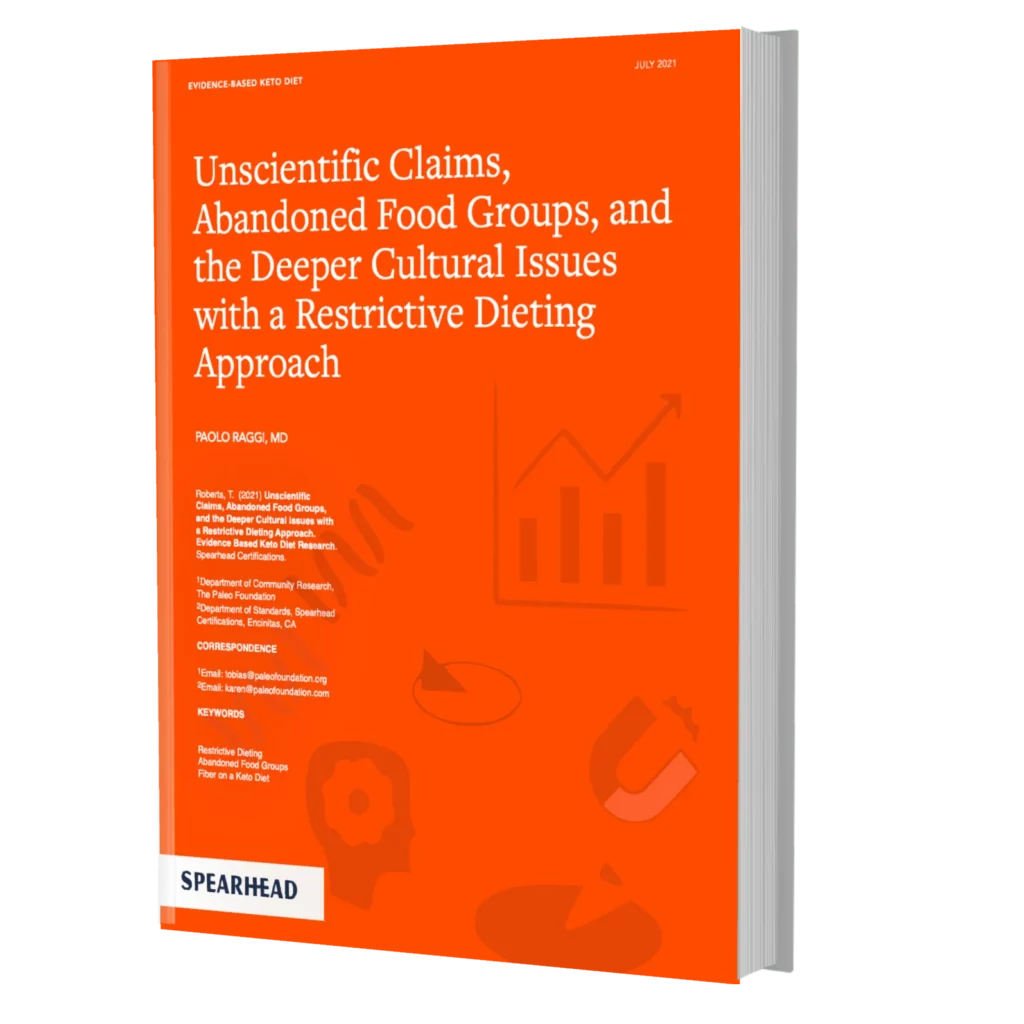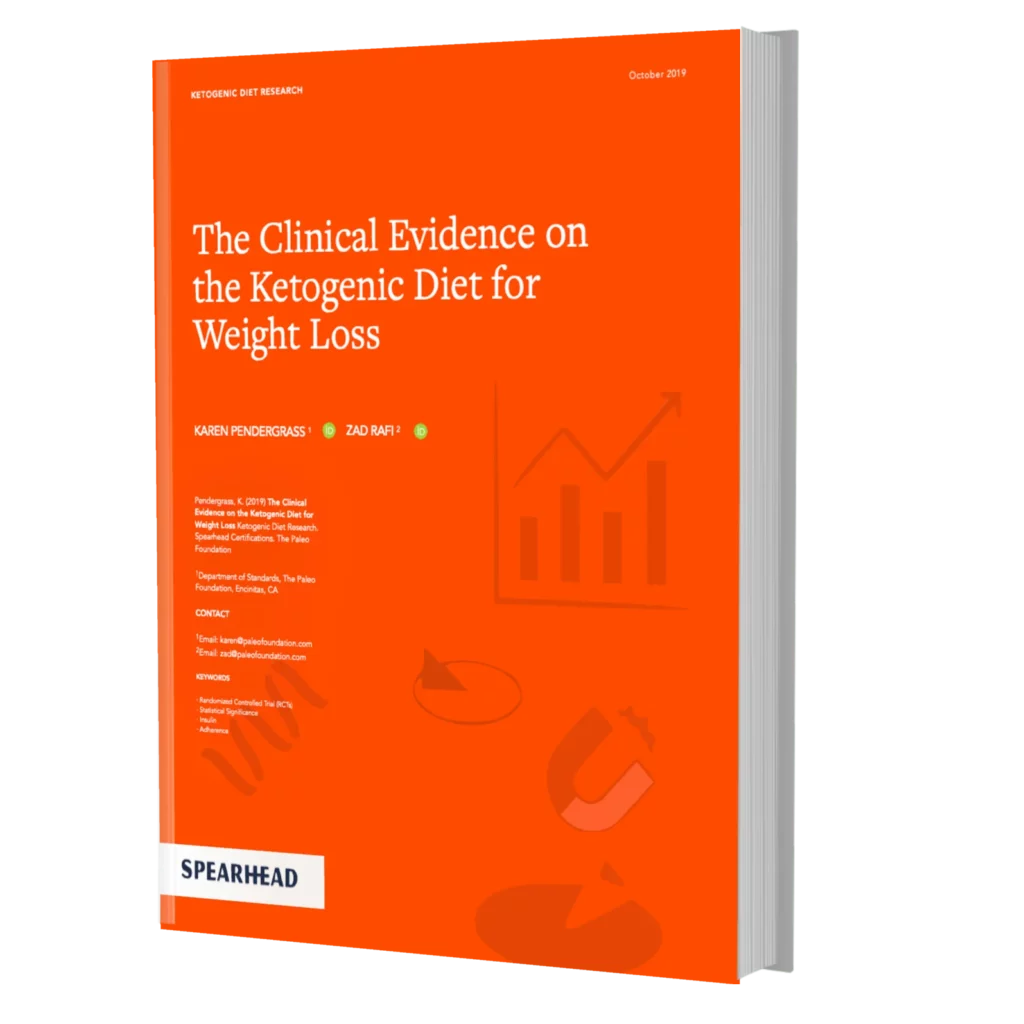One of the defining characteristics of the health food industry is that companies are always trying to find and market the newest,most exotic, and mysterious superfood that was miraculously found in some Moroccan desert oasis or Peruvian mountaintop village. Perhaps our society is still looking for the famed “fountain of youth.” The more exotic and unknown a food product, the better the possibility that it might just offer us that path toward immortality. While exceptional foods such as Black Maca from the Andes and purple Mangosteen from Cambodia certainly do offer unique health benefits, many of the staple food products that define the culinary traditions of western civilization continue to humbly offer healthy meals for millions of people.
Olive oil, the liquid fat obtained from olives, has long been used by different cultures located around the Mediterranean Basin. Today, millions of people around the world regularly use olive oil due to its high content of healthy monosaturated fats, its anti-inflammatory properties, and the abundant antioxidants it contains. In fact, over 3.12 million metric tons of olive oil were produced around the world in 2019 [1]. For people on low-carb diets such as the Keto Diet or the Paleo Diet, the healthy fats offered by olive oil make it an essential ingredient in most meals.
Despite its soaring popularity and widespread adoption, the quality of most olive oil found on the shelves of local supermarkets is questionable, at best. Tony Kasandrinos was raised in New York, though he spent a lot of time growing up in his father’s tiny village in Greece where olive oil is not just a health food fad, but the essence of culinary and cultural traditions. As he grew up and moved around the United States, he quickly found that the difference in quality between commercially produced olive oil found at supermarkets and the hand-pressed olive oil from his father’s village was night and day.
Today, Kasandrinos is one of the leading producers and distributors of high-quality, extra virgin olive oil. They source their organic, non-GMO olives from their Grecian homeland and press the oil in small batches that ensure maximum freshness and the best taste. The company believes that “for us, olive oil isn’t just a heart-healthy kitchen essential. Every bottle of Kasandrinos extra virgin olive oil is a piece of our homeland, made with economic stability, environmental sustainability, and your health in mind.” [2]



